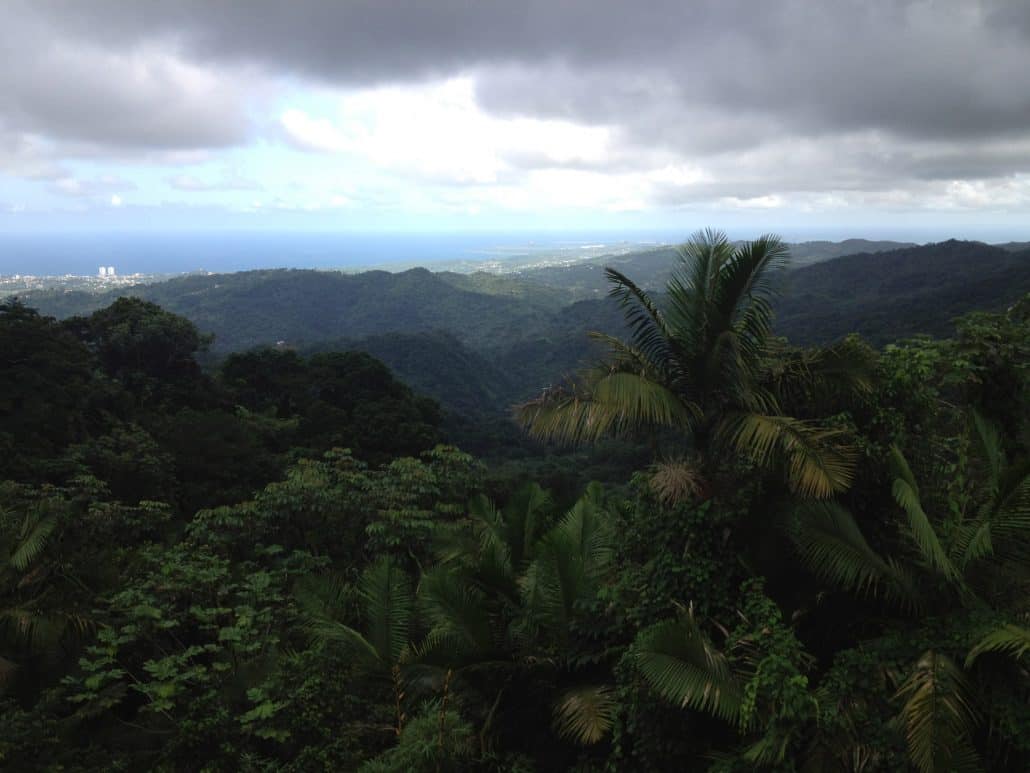
Stefany Brown of Stefany Brown Event Management faced the Zika threat head on last May when she had to reschedule a 2,000-person event for a client in San Salvador, Brazil.
“In our case, Zika did not fall under force majeure. We ended up staying with our original resort and moving the meeting to September, which is the end of winter there. One thing people don’t realize is that Zika is very seasonal in the tropics. It’s a summer mosquito and doesn’t survive in the winter.”
As a precaution, she traveled to the venue ahead of time with some of the members of Ministry of Health to make sure there was no standing water. The Ministry, the Municipality of Bahia and the resort all went above and beyond to assist her. “In the end,” she says, “it all worked out fine.”
Other planners with already signed contracts have been forced to relocate their meetings altogether at a steep penalty. But those considering future meetings in tropical destinations can take steps to protect themselves. “Force majeure provisions are considered typical boilerplate, and therein lies their danger,” explains Jonathan B. Morton, litigation partner at K&L Gates in Miami. “Without a thoughtful analysis of the relevant risks and the tailoring of that boilerplate language to match those relevant risks, contracting parties run the risk that their force majeure provisions will fail to address the specific risks that are relevant to Zika.”
Morton suggests that planners consider including “epidemics and quarantine, which are typically not included in boilerplate contracts, as force majeure events and then defining the meaning of those terms.” Also, depending on the nature of the contract, he says, “the parties may decide that having an area declared by the CDC as an active local transmission zone is sufficient to excuse performance.” When a hotel wishes to shift the risk to the meeting planner, an alternative is for the hotel operator and event planner agree to share this risk.
For more information on Zika, contact the World Health Organization and the CDC.










